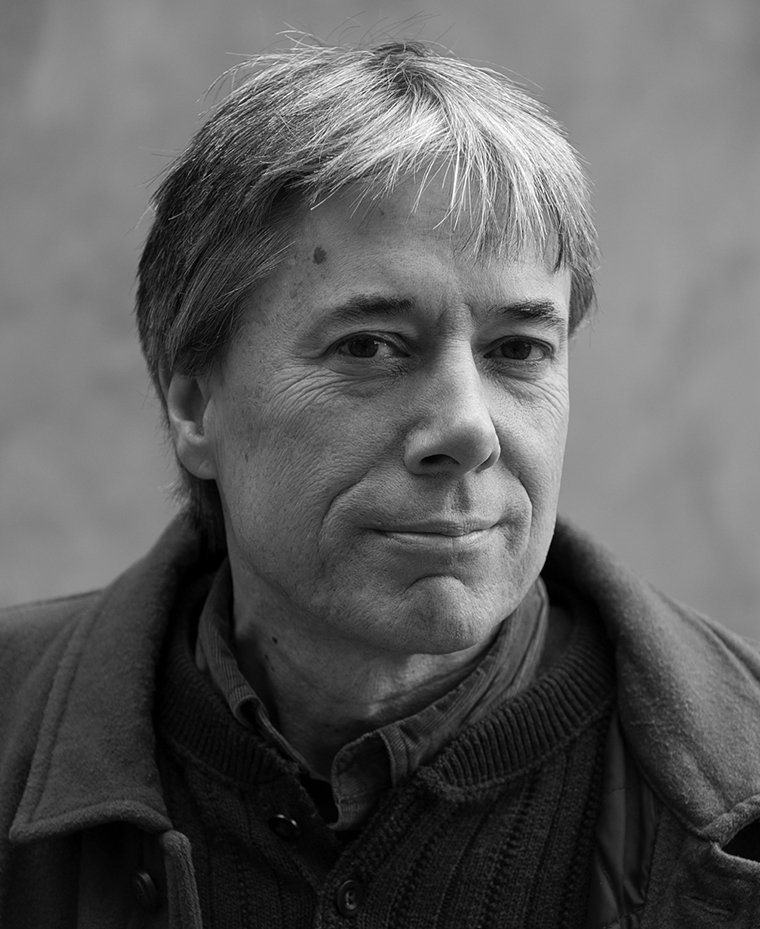In his mid-twenties, Chuck Collins, the great-grandson of the founder of the Oscar Mayer empire, gave away all his trust fund money. He said the money could help others more than it could help him. His approach to social change is grounded in empathy and is strongly influenced by having been born into a life of privilege. He realized that even without money, he had substantial advantages over poor, non-white people. Our success or failure in life is directly tied to our ancestry and background.

Collins offers practical solutions to our world problems. He wrote an essay to the wealthy elite who had attended the Davos summit in Switzerland in January, 2018, asking them to invest their time and money in their local communities. He is co-editor of the website inequality.org.
Collins also gave an insightful and inspiring interview in The Sun Magazine, in which he stated:
If we don’t try to understand each other’s experiences, we’ll remain separated. Privilege keeps the wealthy apart from others. I think we all feel this gap, wherever we are on the economic spectrum. People with a huge amount of privilege — those of us born on third base — tend to dismiss the gap and promote the myth that “I am where I am because of personal virtue or effort,” or else we block ourselves off from the pain of living in an apartheid society…
Working together is the best way for people to form relationships. And I’m not talking about taking a workshop. I mean people working side by side toward a common goal, like planting a garden. We need to create more situations like that, where people can get to know each other, because there are so many ways people are kept apart.
We also need to look at multigenerational advantages and the legacy of race. Financial success is mostly about how much you start with and who you know. By the time I was born, my family had experienced four generations of economic stability. That provides huge advantages, which help a person overcome inevitable challenges or bad luck.
Put my family history alongside that of someone with a history of dispossession. The average black person’s ancestors were someone else’s property two hundred years ago. Then came the Jim Crow era and racial discrimination in banking and real estate and the destruction of black business districts. Our racialized system of mass incarceration has compounded the problem. The man of color standing next to me at the crosswalk has had a very different ancestral journey, filled with relentless adversity. Think of what that person and his ancestors had to overcome just for him to be there at that intersection. As white people, we don’t see our success as a multigenerational story. Most of us are just beginning to catch a glimmer of those big historic forces.
(Read the full interview on The Sun Magazine website.)